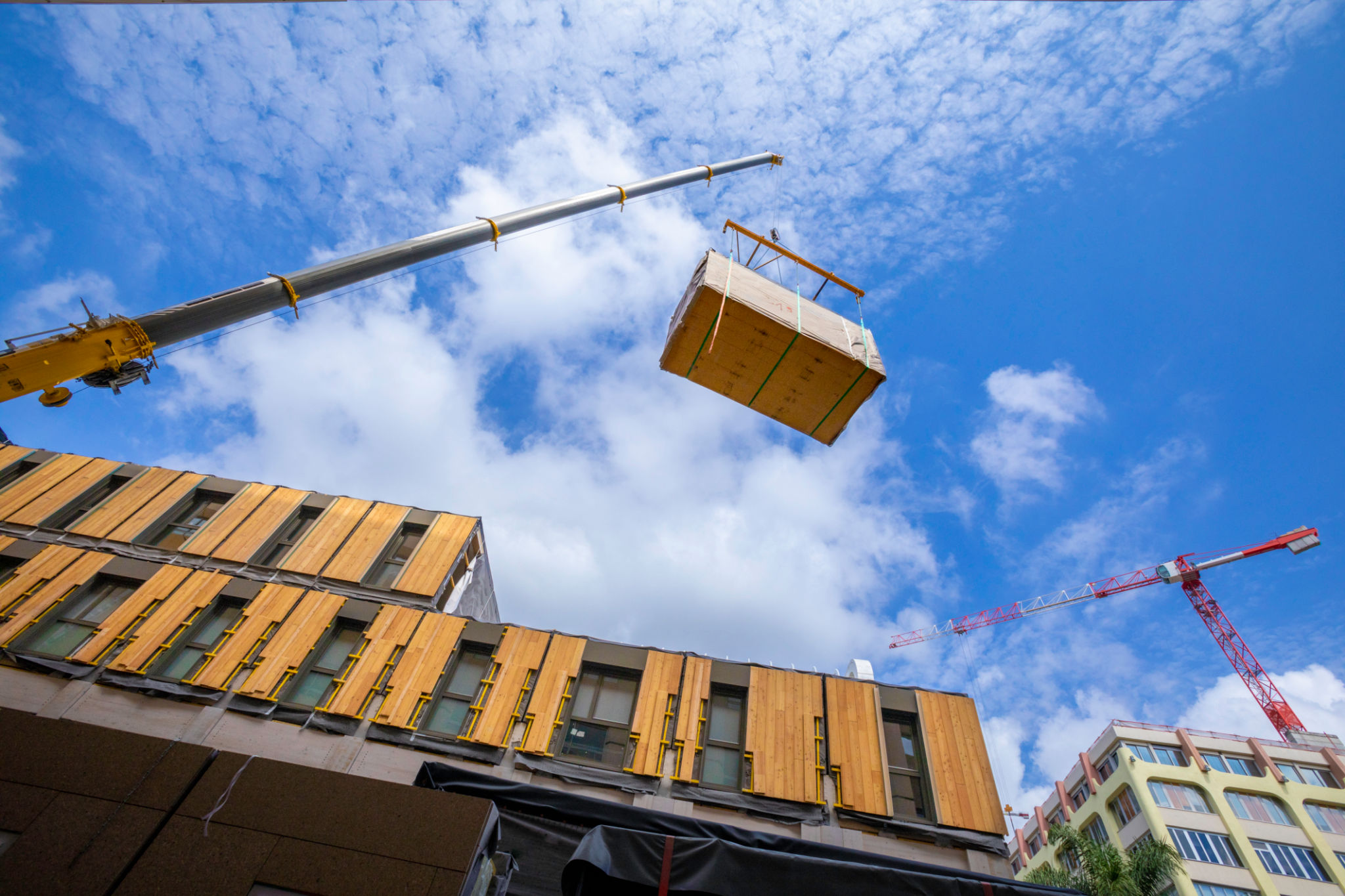The Growing Demand for Eco-Friendly Homes in Delhi: What Buyers Need to Know
Understanding the Rise of Eco-Friendly Homes
In recent years, the demand for eco-friendly homes has seen a significant increase, particularly in urban areas like Delhi. As environmental awareness grows, more homebuyers are looking for sustainable living options that not only reduce their carbon footprint but also promote healthier lifestyles. This shift in preference is reshaping the residential real estate market in Delhi, influencing both new constructions and renovations.
The appeal of eco-friendly homes lies in their ability to offer long-term savings while contributing positively to the environment. Features such as solar panels, energy-efficient appliances, and rainwater harvesting systems are becoming increasingly popular among homebuyers. These homes are designed to use resources more efficiently, reducing utility costs and environmental impact.

Key Features of Eco-Friendly Homes
Potential buyers interested in eco-friendly homes should be aware of the key features that define these sustainable living spaces. These features not only enhance the home's efficiency but also its overall value.
- Energy Efficiency: This includes the use of LED lighting, smart thermostats, and high-performance windows and insulation to reduce energy consumption.
- Water Conservation: Low-flow faucets, rainwater harvesting systems, and drought-resistant landscaping help in conserving water.
- Use of Sustainable Materials: Materials such as bamboo flooring, recycled steel, and non-toxic paints are commonly used in eco-friendly homes.

Benefits of Investing in Eco-Friendly Homes
Investing in an eco-friendly home offers multiple benefits beyond environmental conservation. One of the most significant advantages is the potential for reduced utility costs. By incorporating energy-efficient technologies and designs, these homes can significantly lower electricity and water bills.
Moreover, eco-friendly homes often have better indoor air quality due to the use of non-toxic building materials and improved ventilation systems. This can lead to a healthier living environment, reducing the risk of respiratory issues and other health problems.
Challenges in the Eco-Friendly Housing Market
Despite their many advantages, eco-friendly homes come with challenges that prospective buyers should be aware of. The initial cost of purchasing or building a sustainable home can be higher compared to traditional homes. However, many see this as a worthwhile investment due to the long-term savings on utility bills and increased property value.

Another challenge is the availability of eco-friendly homes in certain areas. While the demand is rising, the supply may not always meet it, leading to competitive markets and potentially higher prices. Buyers may need to be patient or consider renovations to convert existing homes into more sustainable spaces.
Government Initiatives and Support
The government has recognized the importance of promoting sustainable living and has introduced several initiatives to support the development of eco-friendly homes. Incentives such as tax benefits, subsidies for solar panel installation, and grants for green home certifications are encouraging more developers and buyers to go green.
These measures are designed to make eco-friendly housing more accessible and affordable, helping to bridge the gap between demand and supply in the market. Buyers are encouraged to explore these options to make informed decisions when investing in sustainable properties.
The Future of Eco-Friendly Homes in Delhi
The trend towards eco-friendly homes is expected to continue growing as environmental concerns become increasingly important to both developers and consumers. As technology advances and awareness spreads, these homes will likely become more common, making sustainable living a standard choice rather than an exception.
For buyers in Delhi, understanding the nuances of eco-friendly homes is crucial in making informed purchasing decisions. By considering the long-term benefits and potential challenges, they can contribute to a more sustainable future while enjoying the personal advantages these homes offer.
